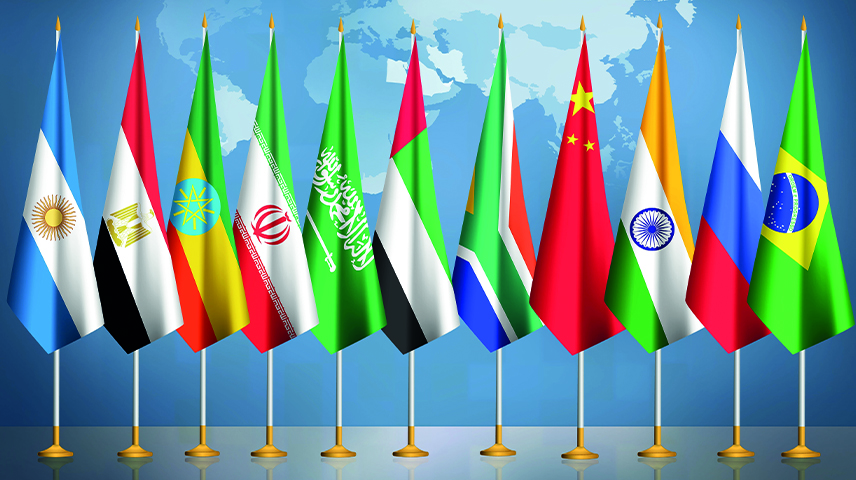BRICS Finance Ministers Call for Radical Reforms in the International Monetary Fund

Finance ministers of BRICS countries called for comprehensive reforms in the structure of the International Monetary Fund (IMF), including a review of the quota system and voting rights distribution, and an end to the prevailing practice of Europeans heading the Fund.
This came in a joint statement reflecting the first unified stance of the bloc towards reforming international financial institutions, highlighting the group's growing ambition to bring about a transformation in the global financial system.
Ministers affirmed their support for the proposals to be discussed during the Fund's review meeting scheduled for next December, which will focus on amending the quota system that determines countries' contributions and voting rights.
A statement issued after the meeting stated: "The reallocation of quotas must reflect the relative positions of members in the global economy, while safeguarding the shares of the poorest countries," emphasizing the need to increase the shares of developing countries.
A Brazilian official familiar with the negotiations revealed that BRICS ministers proposed new criteria for determining quotas, including gross domestic product, purchasing power, and relative currency value, to ensure a more accurate representation of low-income economies.
The meeting sets the stage for a summit of the bloc's leaders scheduled in Rio de Janeiro, at a time when the group is witnessing an unprecedented expansion with the addition of six new countries: Egypt, Ethiopia, Indonesia, Iran, Saudi Arabia, and the UAE, alongside the founding members (Brazil, Russia, India, China, and South Africa).
This expansion enhances the diplomatic influence of the group, as it seeks to amplify the voice of emerging economies in the global south and reform financial institutions traditionally dominated by Western countries for decades.
In their statement, ministers reiterated the call for "enhancing regional representation in the Fund's management, abandoning the outdated 'gentlemen's agreement' dating back to World War II, which is no longer suitable for the current global system," while fully respecting the principle of competence in leadership selection.
The statement also mentioned ongoing discussions on establishing a new guarantee mechanism supported by the group's New Development Bank, aimed at reducing financing costs and increasing investment in developing economies, as reported by Reuters.